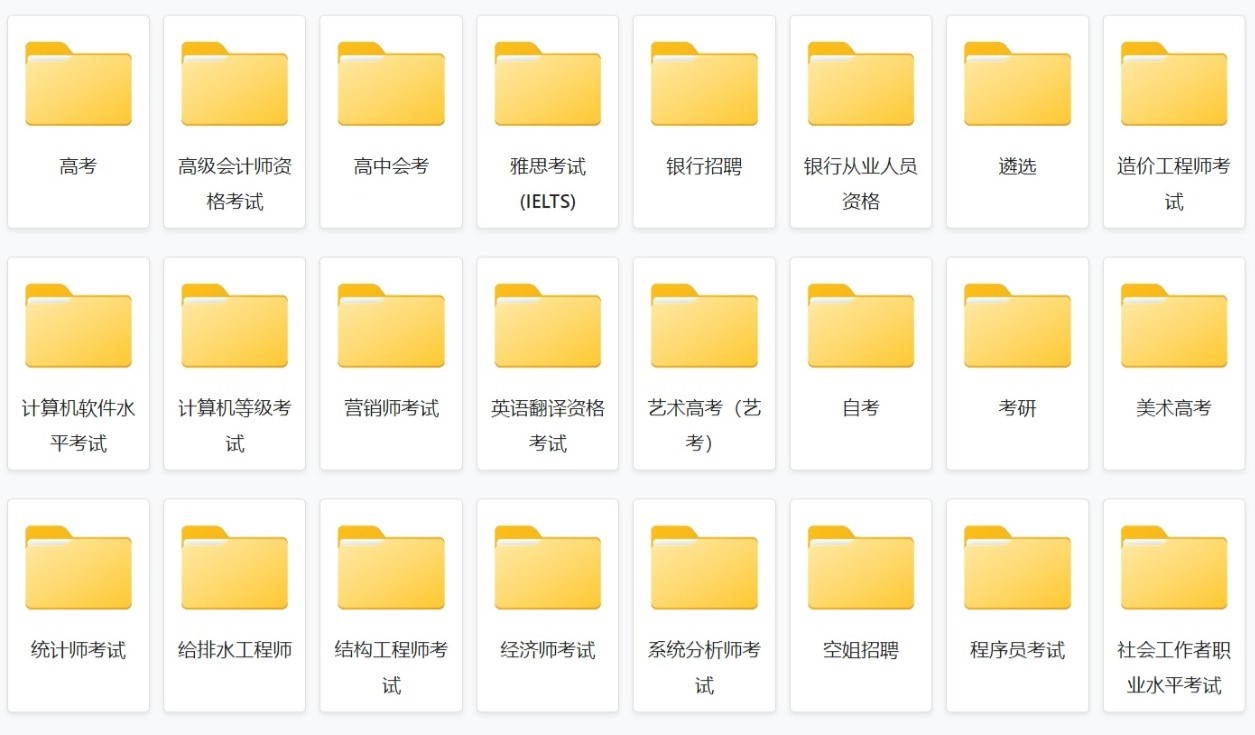Windows上具有恒定输出的Python无块子过程输入
我正在尝试使用subproc和_thread模块运行命令。子过程具有输出流。为了解决这个问题,我使用了两个线程,一个不断地打印新行,另一个正在检查输入。当我通过子过程输入时,proc.stdin.write('Some
string')它返回1,然后没有任何输出。交流不会像我读过的大多数其他问题一样起作用,因为它会阻止等待EOF,尽管它确实会打印要返回的内容的第一行。我看到了一些使用“
pty”的解决方案,但Windows不支持它。
如果您想自己尝试,则服务器文件夹中的文件只是我的世界服务器。
from subprocess import Popen,PIPE
import _thread
import sys
# asdf
proc = None
run = True
stdout = None
stdin = None
def getInput():
global proc
global run, stdin, stdout
print("Proc inside the get input funct"+str(proc))
inputs = input("Enter Something" + "\n")
print("YOU ENTERED:", inputs)
print("ATTEMPTING TO PIPE IT INTO THE CMD")
run = True
"""----------------------------------------"""
""" Works but blocks outputs """
"""----------------------------------------"""
# out,err=proc.communicate(bytes(inputs,'UTF-8'))
# proc.stdin.flush()
# print("Out is: "+out)
"""----------------------------------------"""
""" Doesn't write but doesn't block """
"""----------------------------------------"""
# test = 0
# test=proc.stdin.write(bytes(inputs,'UTF-8'))
# print(test)
# proc.stdin.flush()
def execute(command):
global proc, stdin, stdout
proc = Popen(command, cwd='C://Users//Derek//Desktop//server//',stdin=PIPE,stdout=PIPE,stderr=stdout, shell=True)
lines_iterator = iter(proc.stdout.readline, "")
print("Proc inside of the execute funct:"+str(proc))
# print(lines_iterator)
for line in lines_iterator:
# print(str(line[2:-1]))
# if line.decode('UTF-8') != '':
print(line[:-2].decode('UTF-8')), # yield line
sys.stdout.flush()
threadTwo = _thread.start_new_thread(execute, (["java", "-jar", "minecraft_server.jar"], ))
while 1:
if run and proc!=None:
run = False
threadOne = _thread.start_new_thread(getInput, ( ))
pass
-
proc.communicate()等待子进程完成,因此最多只能使用 一次 –您可以 一次 传递 所有 输入,并在子进程退出后获取所有输出。如果不修改输入/输出,则无需重定向子流程的stdin / stdout。
要将输入馈送到后台线程中的子流程,并在一行一行到达时立即打印其输出:
#!/usr/bin/env python3 import errno from io import TextIOWrapper from subprocess import Popen, PIPE from threading import Thread def feed(pipe): while True: try: # get input line = input('Enter input for minecraft') except EOFError: break # no more input else: # ... do something with `line` here # feed input to pipe try: print(line, file=pipe) except BrokenPipeError: break # can't write to pipe anymore except OSError as e: if e.errno == errno.EINVAL: break # same as EPIPE on Windows else: raise # allow the error to propagate try: pipe.close() # inform subprocess -- no more input except OSError: pass # ignore with Popen(["java", "-jar", "minecraft_server.jar"], cwd=r'C:\Users\Derek\Desktop\server', stdin=PIPE, stdout=PIPE, bufsize=1) as p, \ TextIOWrapper(p.stdin, encoding='utf-8', write_through=True, line_buffering=True) as text_input: Thread(target=feed, args=[text_input], daemon=True).start() for line in TextIOWrapper(p.stdout, encoding='utf-8'): # ... do something with `line` here print(line, end='')注意事项
p.stdin:print()在每个末尾添加一个换行符line。这是必要的,因为input()剥离换行符p.stdin.flush()每行(line_buffering=True)之后被调用
我的世界的输出可能会延迟到刷新其标准输出缓冲区。
如果您在 _“
line在此处执行某些操作”_注释周围没有可添加的内容,请不要重定向相应的管道(暂时忽略字符编码问题)。TextIOWrapper默认情况下使用通用换行模式。newline如果不想,请明确指定参数。

